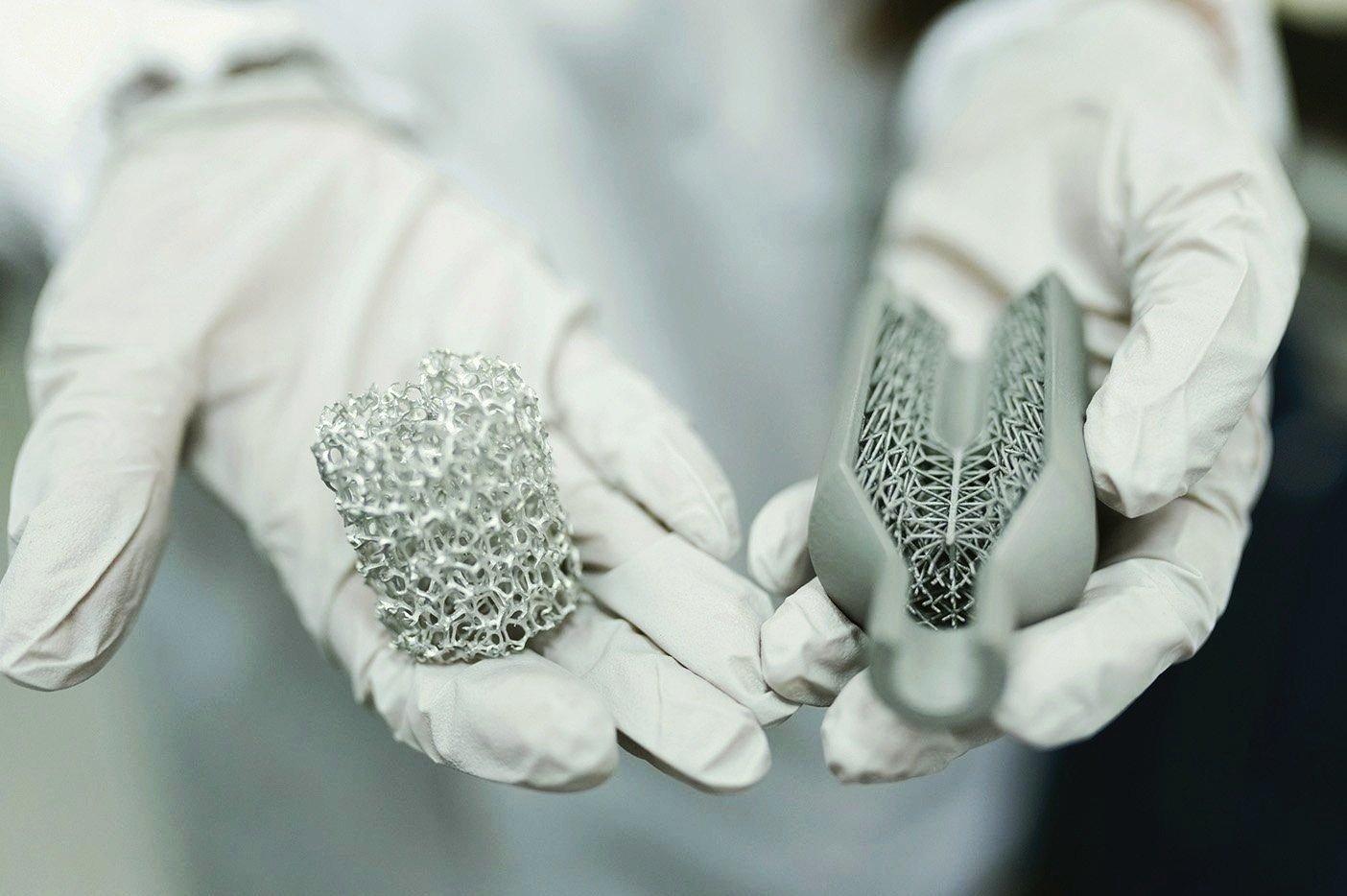Programme Modules
Modules are a mix of online and live events: live events will be organised in Denmark, Finland and Sweden, the final event showcases companies' achievements to other companies, customers and the public.
Our online learning environment will support you throughout the programme.
For dates and times, check our Programme Schedule.
Module 1
Podcast 1: How to Get Ready for the Ecodesign for Sustainable Products Regulation
Join us as we dive deep into the Ecodesign for Sustainable Products Regulation (ESPR) with our expert guests. This insightful discussion will explore the key aspects of ESPR, answering critical questions about what it entails, how it will be implemented, and when you need to take action.
-
This workshop provides an in-depth look at the market changes driven by the transition to a circular economy. Participants will explore the evolving EU legislative landscape, including the Ecodesign for Sustainable Products Regulation, as well as other key regulations and mechanisms influencing the market. The workshop will also address the growing importance of customer expectations for circularity, environmental parameters such as carbon reduction and resource efficiency, and investor interest in circular solutions. Through interactive exercises, attendees will have the opportunity to reflect on these changes and discuss how to align their company strategy with emerging market trends.
Objective: To gain a comprehensive overview of market transitions towards a circular economy and identify key circular opportunities and risks for the company.
-
Through practical case examples and interactive exercises, this workshop will delve into various circular design frameworks and strategies for circular product and service design. Participants will learn how to select and implement the most relevant strategies to optimise the circularity of their products.
Objective: To assess the current state of your products and services and to identify initial circular design strategies for implementation.
Module 2
Podcast 2: What is a Circular Customer Experience?
Join us as we explore the concept of circular customer experience. Discover how consumer attitudes are shifting towards sustainability and circularity and how businesses can design products and services that align with these values
-
Research shows that customers are ready for circularity, but the intention-behaviour gap still exists. This means that there is a huge opportunity for businesses to unlock this potential through novel service concepts. Circular user behaviour and circular customer journey will be the key topics of this workshop.
Objective: To provide insights and tools for developing compelling circular concepts.
-
In this session we will learn about the crucial role of circular materials and chemicals in product design. Participants will learn how to identify and define materials and chemicals in accordance with circular economy principles and how to design safe and circular material flows.
Objective: To provide participants knowledge and skills to identify and choose circular materials and chemical for their products.
Module 3
Podcast 3: From a Linear to a Circular Value Chain
This podcast will introduce the fundamentals of circular value chains and provide actionable insights on how to transition from traditional linear models to sustainable, circular systems. Learn how to start bending lines into loops, fostering innovation and resilience in your business operations.
Podcast 4: Improving Circularity: Assessment Tools and Digital Product Passport
Together with expert guests, we'll dive into assessment tools that help measure and improve circularity in products and services, and discuss the role and concept of the Digital Product Passport.
-
In this workshop we focus on collaboration within value chains and ecosystems. Participants will have the opportunity to model a target state for their circular value chain. Modelling provides corporate management with a comprehensive view of system-level changes, identifying both opportunities and challenges that need to be addressed.
Objective: To help companies map their circular value chains, discover business opportunities, and support strategic decision-making.
-
The workshop introduces the fundamentals of Life Cycle Analysis (LCA). Participants will gain an understanding of why to use LCA and get the basics on how to evaluate the environmental impact of products throughout their lifecycle.
Objective: To provide participants with a foundational understanding of Life Cycle Analysis and guide them through initial steps to incorporate LCA into circular design practices.
Module 4
Podcast 5: Future Fit Vision
Featuring insights from industry leaders and experts, we explore the role of a regenerative vision in securing future success and how to effectively take the entire organisation on this transformative journey.
-
Embarking on a circular journey inevitably means changes in the company's internal organization and operating culture. Through case examples and exercises, participants will deepen their understanding of the change requirements and explore practical solutions. They will learn about various elements of corporate culture that support and enable the transition towards a regenerative circular future.
Objective: To equip participants with the knowledge and tools to lead and manage internal organisational change effectively, fostering a culture that embraces circular economy principles and supports sustainable growth.
-
R&D track participants will concentrate on advancing their circular concept ideas through prototyping exercises.This workshop is about bringing concepts to life, moving from theoretical ideas to tangible prototypes.
The workshop will provide practical guidance on various prototyping methods and tools suited for circular design.
Objective: to empower participants with the skills and knowledge to develop and test prototypes of their circular concepts.
Module 5
Joint Module for Both Tracks: Circular Strategies and Concepts
In this final workshop, participants will focus on refining and advancing their circular concept ideas developed during the programme. Participants will receive hands-on coaching to finalise their concepts and have the opportunity to exchange ideas with other participants.
Objective: To provide participants with the support and resources needed to finalise their circular concepts and develop actionable plans the next phase.




